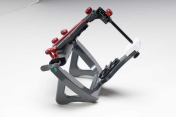
When I visit dental schools and speak with faculty members, or attend dental meetings, I am amazed and impressed with the people who still use the articulators they had in dental school. Now, most of these great clinicians are my age or older but I don't dare mention any names. What does concern me is that our younger dental generation does not seem to follow the same pattern. Have they become a custom to a disposable world? In dentistry disposables are a great thing where asepsis is concerned but what about our equipment?
I have seen far too many articulators sitting up on a shelf or on a bench covered in wax, plaster or porcelain shavings or even missing parts. Why is it no longer important to care for what we use to value as an invaluable piece of equipment in the practice?
I think it is very important to maintain all of your equipment as some of it has the potential to last a career; like a vacuum mixer, but we won't get in to that!
I would like to share my top 10 tips for protecting theinvestment you have made in your articulators and face-bows:
1. To maintain the factory tolerances of the Denar Mark 300 Series Articulator, which is within 20 microns, keep the articulator clean and free of debris. Wax and plaster on the mounting plate surface can cause a discrepancy between instruments.
2. To keep the fossae and condylar elements from wearing, inspect and clean regularly. Once the fossae and condyles are free of debris you may lubricate the condyle balls with a lightweight oil, such as hand piece oil.
3. To remove plaster and stone debris from your articulator use a soft bristle brush and a mild soapy water solution to gently clean. Avoid using strong detergents, alkalines, gasoline or naptha agents. Air dry.
4. Lubricate your articulator as needed. Use a lightweight oil such as hand piece oil. Avoid using Vaseline as it may attract debris.
5. To avoid moisture contamination or corrosion, do not store a wet instrument or wet casts in your carrying case. Allow them to dry thoroughly. Moisture dissipation from the stone in an enclosed area causes alkalinity of the stone mixture, which can cause damage of the articulator surface and mounting plates.
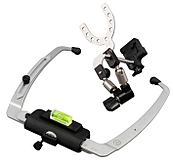
6. The Denar Slidematic Face-bow measuring bow portion does not require sterilization. Use a CDC recommended surface disinfectant on the measuring bow and transfer jig assembly. Always sterilize the bite fork between patients.
7. To avoid stripping screws or fracture of the plastic T-knobs do not over tighten the T-knob screws.
8. Whip Mix has designed verification gages for all Hanau, Denar, and Whip Mix instruments. Being able to use this gage on your Mark 300 Series Articulator allows in office verification that your articulator is within factory peculations. Adding this checks and balances to your maintenance routine, will keep the articulators between you and your lab in sync.
9. If you find that your instrument needs service, Whip Mix offers a repair service for your Hanau, Denar and Whip Mix instruments for a fee, which falls under minor repair at $125 or major repair at $200 your instrument will be restored to factory speculations.
10. To use the Whip Mix instrument repair service call 1-800-626-5651, option #2 to acquire a return merchandise authorization (RMA) number from a customer service representative.
If you are sending a Hanau or Denar repair, send your instrument to:
Whip Mix Corporation-West
1730 W. Prospect Rd. Ste 101
Fort Collins, CO 80525
If you are sending a Whip Mix instrument in for repair send it to:
Whip Mix Corporation
361 Farmington Ave.
Louisville, KY 40209
* Please remember to post your RMA number on the outside of the box
BONUS Point: If you ever have any questions or comments, please call your friends at the Whip Mix Corporation; we are just waiting to help you









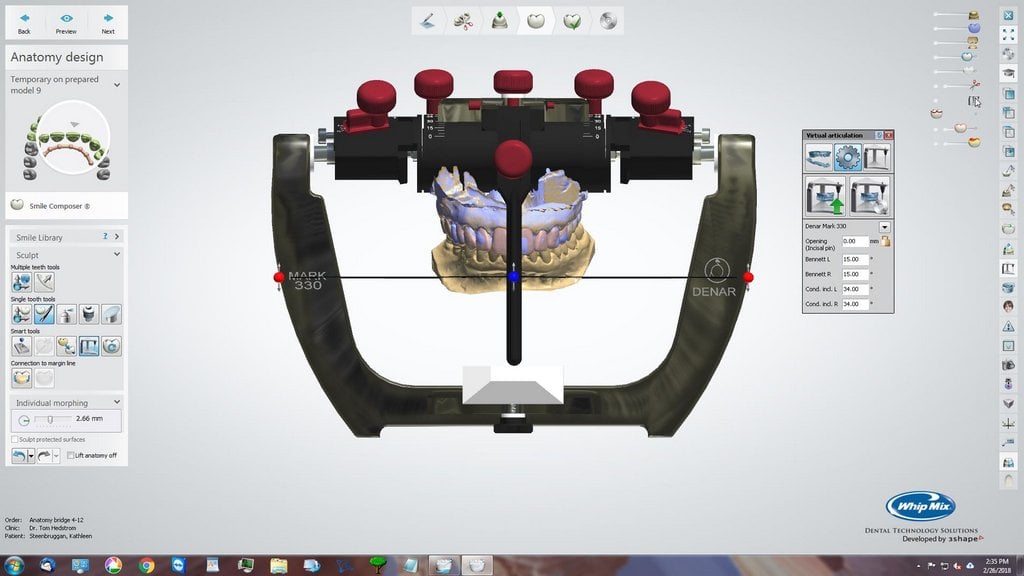
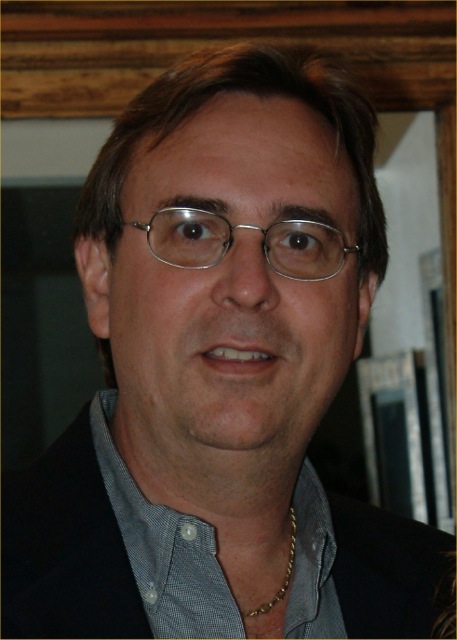
.png)
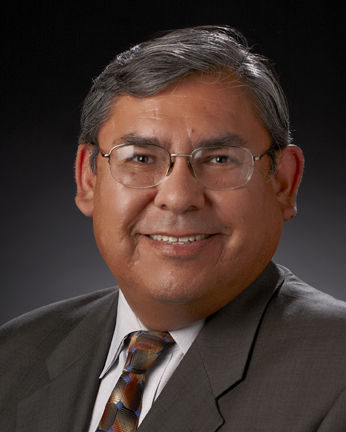
Leave a comment